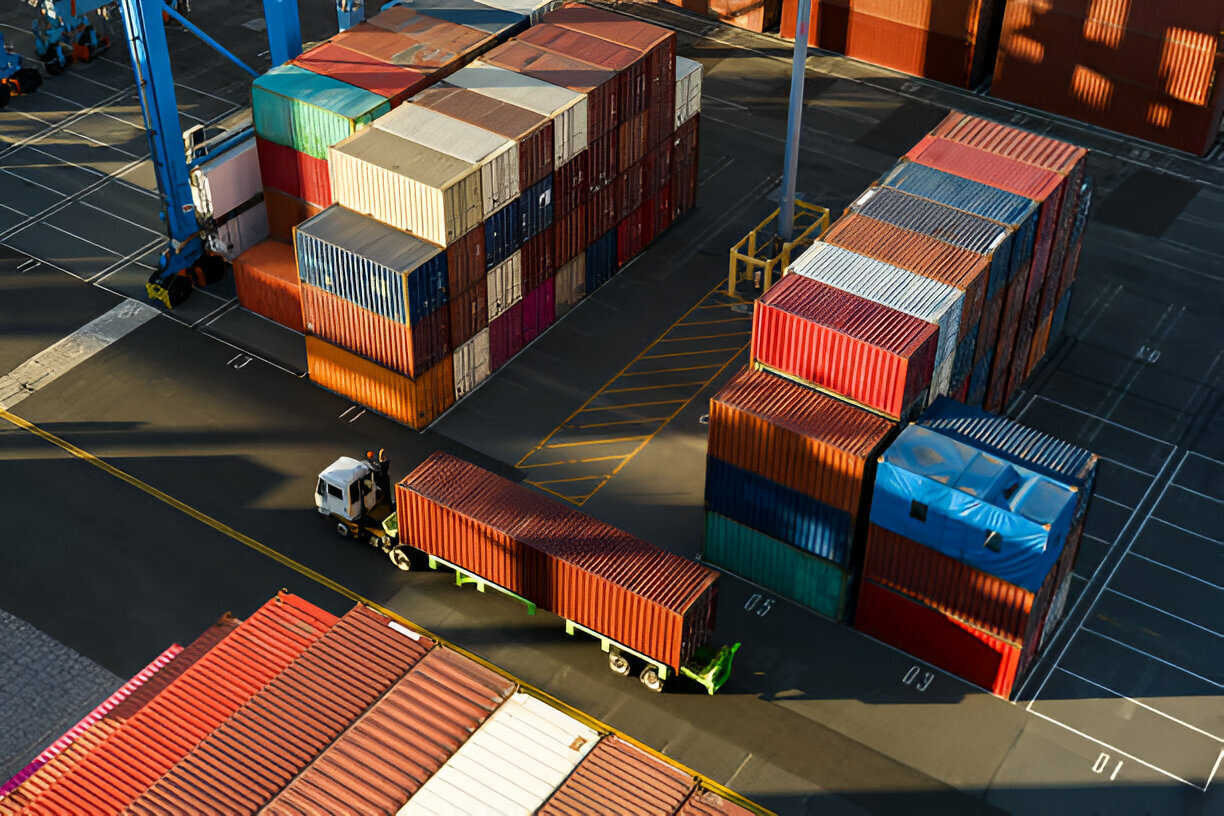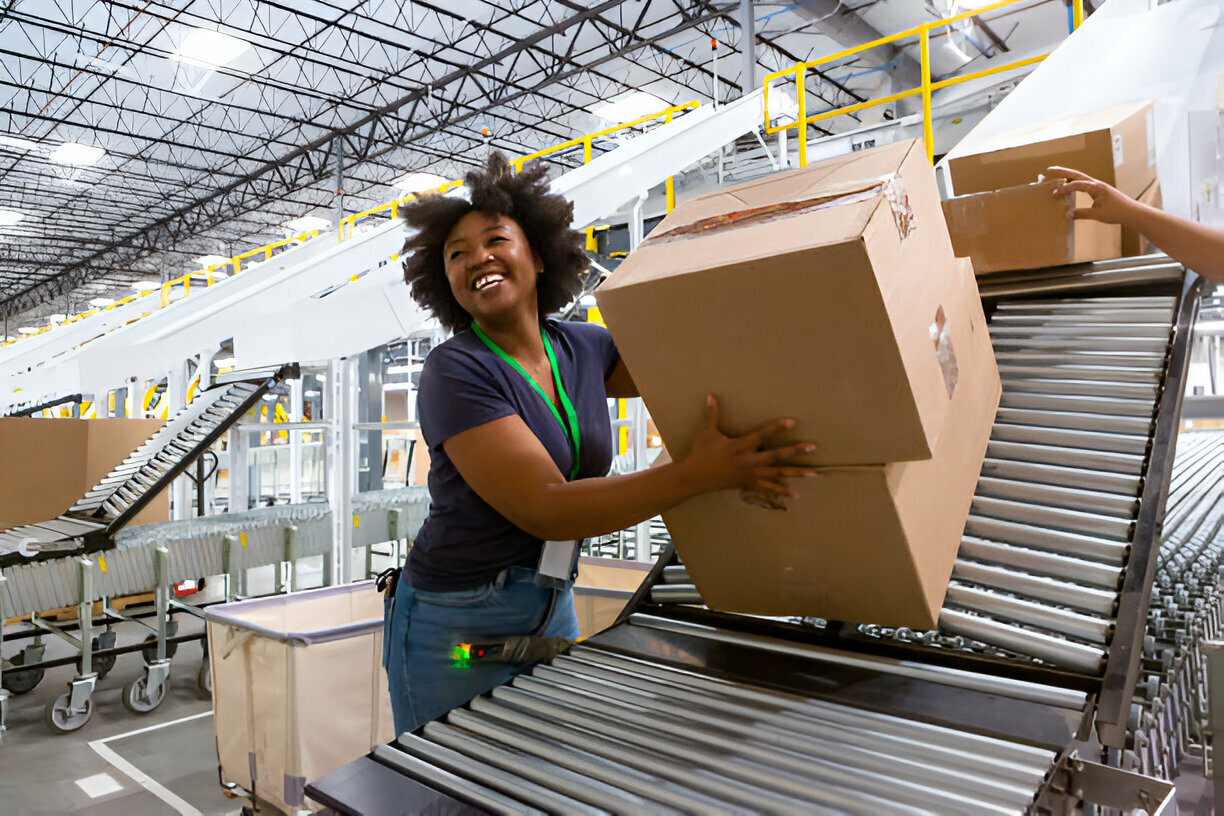In today’s interconnected world, importing goods is no longer limited to large corporations or government agencies. Across Africa, a new wave of entrepreneurs is rising; savvy, driven, and determined to bring in high-quality products from international markets like China, Turkey, India, and Germany to meet local demand. From electronics to clothing, building materials, beauty products, and industrial equipment, importation has become a powerful business model for entrepreneurs looking to scale quickly.
But importing isn’t without its challenges.
From fake suppliers and substandard goods to shipment delays and regulatory bottlenecks, importing can turn into a financial nightmare if not handled wisely. So, how do you, as an African entrepreneur, import smartly, sourcing quality products without risking your capital, reputation, or sanity?
This article walks you through the exact steps and strategies for importing smartly and safely.
1. Know Exactly What You Want to Import
Importing starts with clarity. Are you sourcing electronics, fashion items, agricultural equipment, or personal care products? Be specific. Understand:
-
The exact product specifications
-
Quality grades (e.g., medical-grade vs. industrial-grade)
-
Packaging needs
-
Shelf life (for perishable goods)
-
Legal requirements (for sensitive goods like pharmaceuticals)
When you’re clear, you reduce the chances of being misled or shipping the wrong item.
2. Research Your Target Market
Before importing anything, ensure there’s demand for it locally. Importing a product no one needs is a waste of time and capital.
Ask:
-
What is already being sold in your local market?
-
Can you offer a better price, better quality, or a unique value proposition?
-
Who are your target customers: wholesalers, retailers, or final consumers?
Use tools like:
-
Google Trends
-
Local market visits
-
Customer surveys
-
Social media polls
Smart importing is driven by data, not emotion.
3. Choose Your Suppliers Wisely
This is where many new importers get it wrong, sourcing from the wrong supplier. Here’s how to choose the right:
A. Use Trusted B2B Platforms:
Ensure the supplier has:
-
A verified badge
-
Trade assurance or buyer protection
-
Years of experience
-
Positive reviews and ratings
-
Transparent business address and documentation
B. Ask the Right Questions:
-
Can I see real product images/videos?
-
Do you accept third-party inspections?
-
What’s your minimum order quantity (MOQ)?
-
How do you package your goods?
-
What certifications do your products meet?
C. Avoid Red Flags:
-
Poor grammar or evasive communication
-
No references or unwillingness to share documents
-
Pressure to pay quickly without protection
4. Request Samples First
Before placing a large order, always ask for samples. Even if you trust the supplier, testing the product yourself can save you from receiving 1,000 units of useless inventory.
You’ll assess:
-
Physical quality
-
Packaging
-
Performance
-
Compatibility with your market’s standards
Yes, samples cost money and shipping fees, but they’re a worthy investment compared to bulk order regrets.
5. Use Secure Payment Methods
Avoid sending money through risky channels. Instead, opt for:
-
Alibaba’s Trade Assurance
Offers refunds if the supplier doesn’t meet your contract. -
Escrow Services
Money is only released when goods are received and verified. -
Letters of Credit (for large transactions)
These are issued through banks and offer strong protection. -
PayPal (for small transactions)
Offers buyer protection, though not commonly accepted for bulk B2B.
Avoid:
Western Union or direct crypto payments for first-time deals. They’re harder to trace and recover.
6. Partner with a Reliable Freight Forwarder
Shipping can be tricky. The wrong freight partner can cause delays, damage, or unexpected charges. Choose a logistics expert who understands African customs regulations and can provide end-to-end tracking.
Ask:
-
Do they handle customs clearance?
-
Can they provide an estimated time of arrival (ETA)?
-
Are there hidden charges?
-
Do they offer insurance?
Some platforms like MEEI HUB (coming soon) will offer pre-vetted logistics partners to simplify this process.
7. Understand Customs and Import Duties
Each African country has different import regulations. You must:
-
Know the HS (Harmonized System) code of your product
-
Estimate customs duties, VAT, or other import taxes
-
Check if your product requires permits or certifications
Failing to prepare could mean your goods get stuck at the port, or cost double what you planned.
Useful tools:
-
Local customs authority websites
-
Trade consultants
-
Freight companies
8. Document Everything
Importing smart means protecting yourself with solid paperwork:
-
Purchase invoices
-
Payment receipts
-
Shipping documents (Bill of Lading, Packing List)
-
Product specifications or compliance documents
-
Contracts or agreements (if possible)
Digital copies should be backed up in multiple places.

9. Insure Your Shipment
Even if your goods are handled by professionals, things can go wrong: storms, theft, port mishaps. Always insure your shipment, especially if it’s high-value.
Discuss options with your freight partner or a third-party insurance provider. Don’t take chances.
10. Start Small, Scale Smart
For your first few import transactions:
-
Keep the volume low
-
Monitor the full supply chain cycle
-
Analyze cost, delivery, and profit margins
-
Improve based on lessons learned
Once your system is stable, scale confidently.
Final Thoughts: The Smart Importer’s Mindset
Importing isn’t just about price, it’s about value, trust, and long-term success. The smartest African entrepreneurs in this space aren’t the ones who get the cheapest deals, but the ones who build reliable supply chains, prioritize quality, and protect their businesses from unnecessary risks.
Platforms like the upcoming MEEI HUB are designed to make this journey easier, connecting African entrepreneurs with verified global suppliers, secure payment options, and trade advisor services—all in one place.
Your next big opportunity might just be one smart import away.





